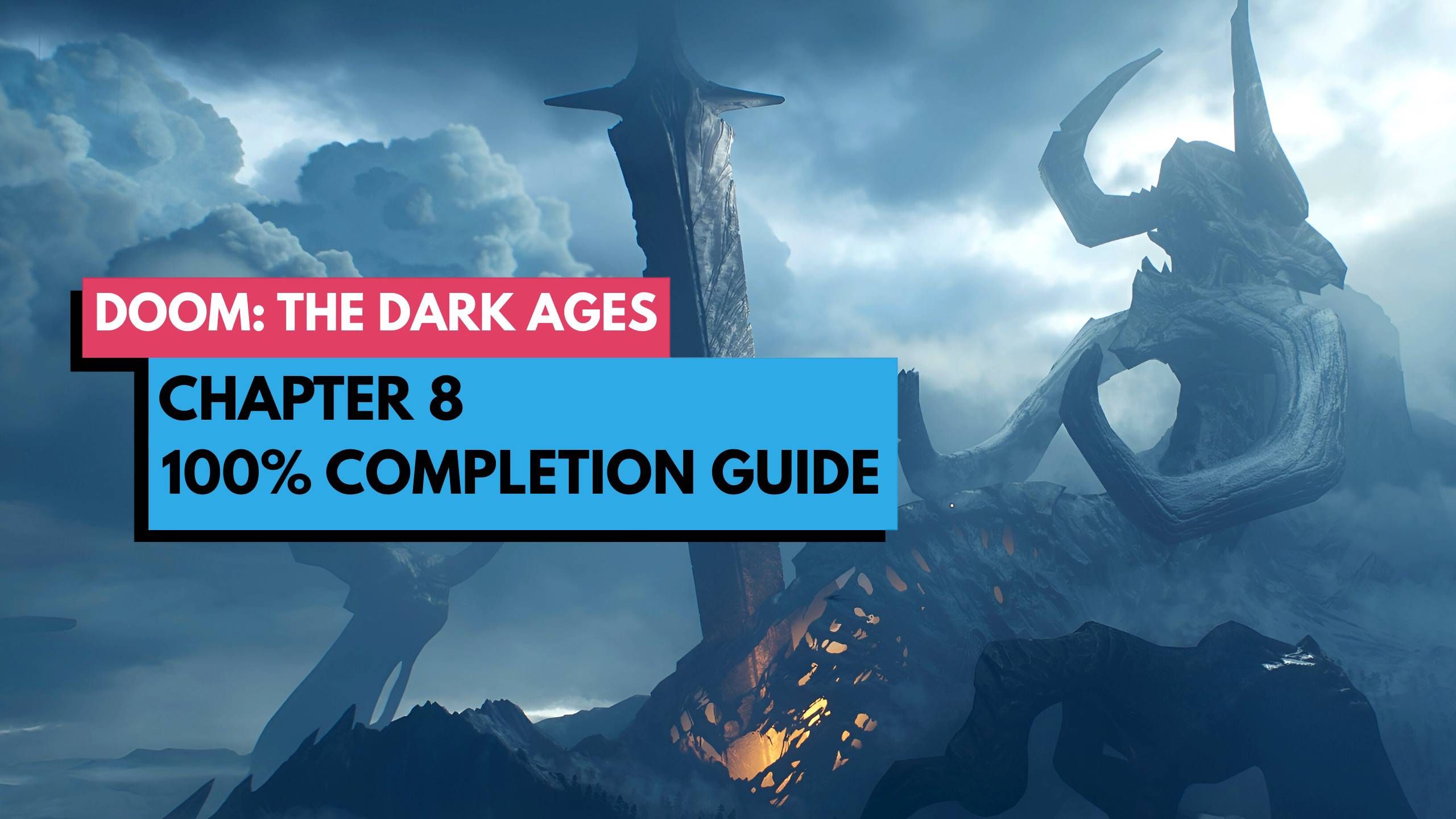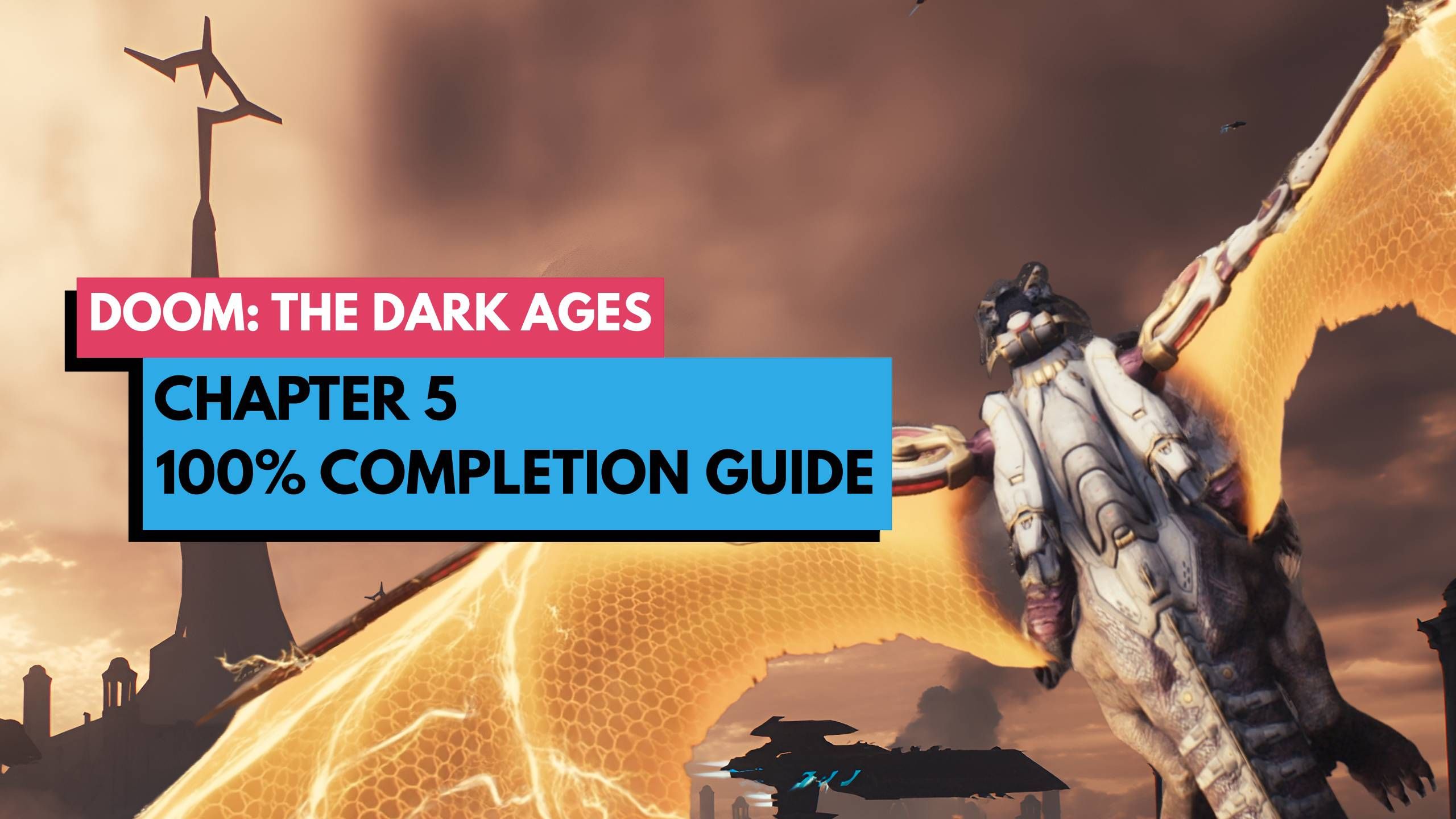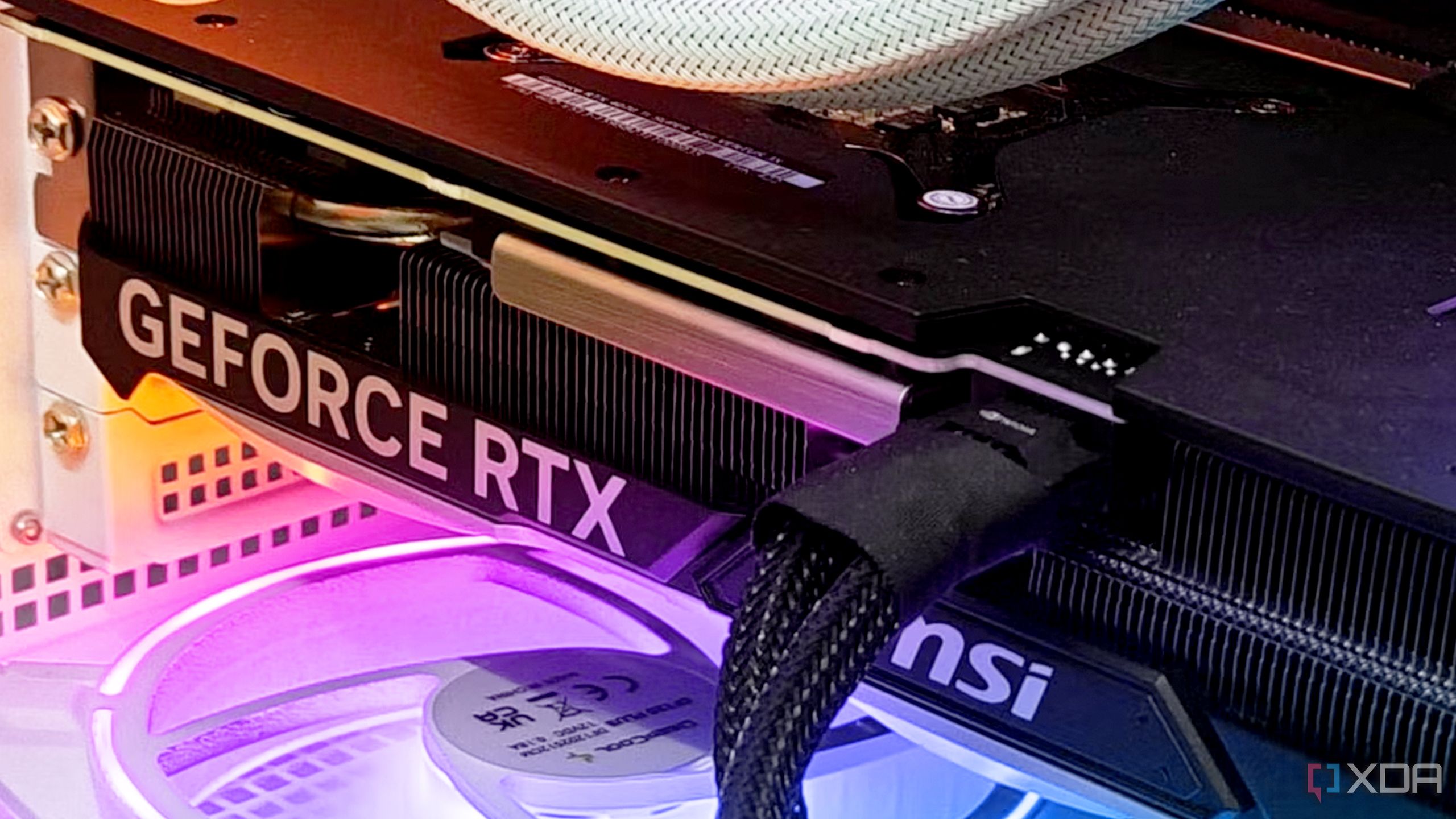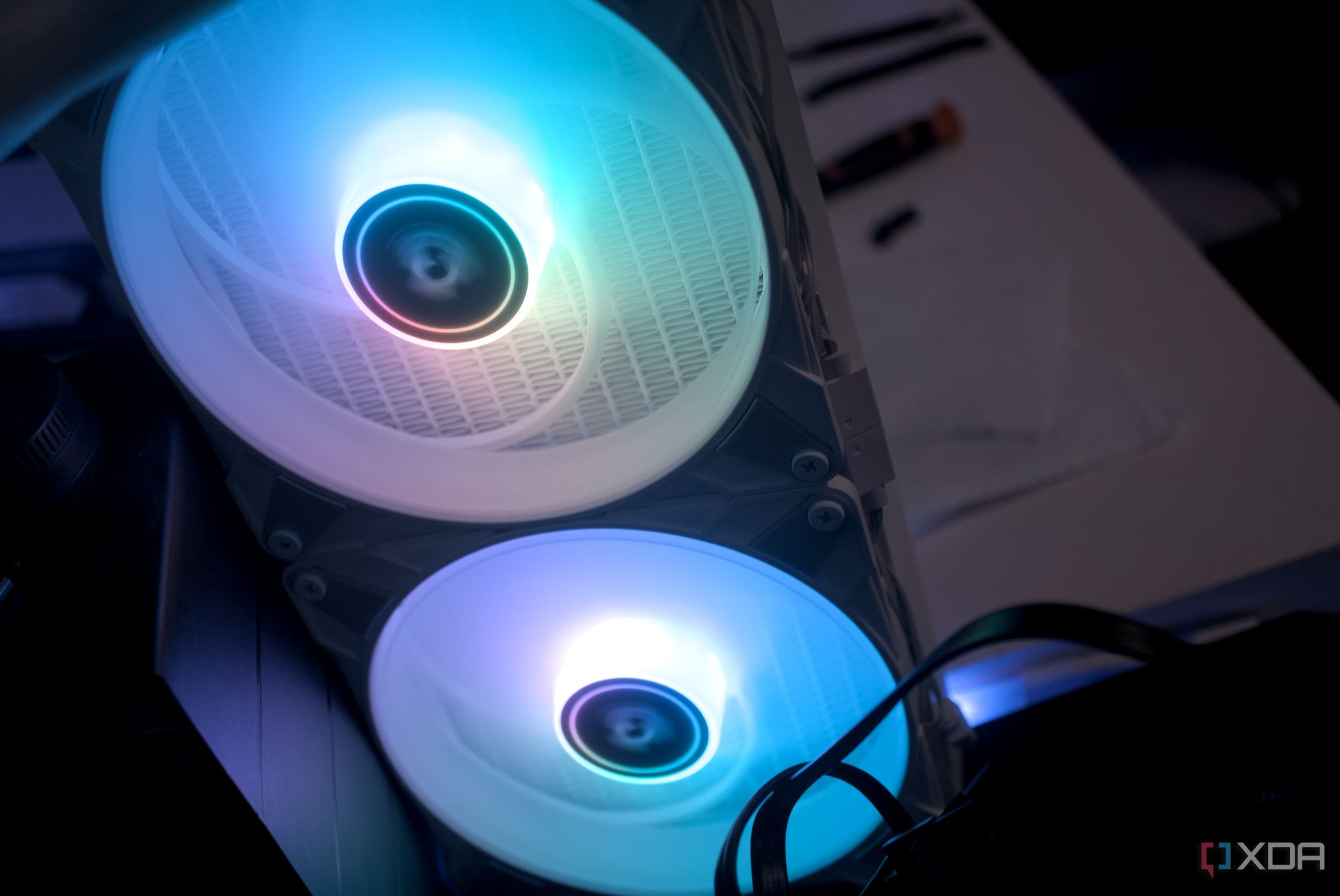“The golden age of PC enthusiasts has turned into a pricey paradise, where only the deep-pocketed dare to tread. The once-affordable hobby of building and upgrading our rigs has morphed into a costly affair, leaving many gamers feeling priced out of the very community they helped build.

In recent years, the PC gaming landscape has undergone a seismic shift, with rising costs of hardware, subscription services, and even games themselves, making it increasingly difficult for enthusiasts to keep up. The dream of playing the latest titles at 4K resolutions and 144Hz refresh rates seems to be slipping further away from our grasp.

The Shift Towards Consoles and the Alienation of PC Gamers
The Rise of Consoles as a Viable Alternative

The ability of consoles to provide a comparable gaming experience to PCs is undeniable. With the latest releases from Sony and Microsoft, consoles can now deliver high-quality visuals and intricate gameplay designs, making them a viable alternative to PC gaming. Moreover, the affordability of consoles compared to high-end PC builds is a significant factor in the shift towards consoles.
The convenience and ease of use of consoles also contribute to their appeal. With a console, you don’t need to worry about upgrading individual components or troubleshooting issues, making it a more streamlined experience. This ease of use is particularly attractive to new gamers who may not have the technical expertise to navigate the complexities of PC gaming.

The Stagnation of PC Gaming Growth
The difficulty of convincing new gamers to enter the PC gaming sphere is a significant challenge. With the rise of consoles, many new gamers are opting for the convenience and ease of use of a console, rather than investing in a PC. This stagnation in growth is a major concern for the industry, as a stagnant market can have long-term implications for the health and vitality of the PC gaming community.
The importance of growth in the PC gaming market cannot be overstated. Growth drives innovation, and innovation is what keeps the PC gaming industry thriving. Without growth, the industry risks becoming stagnant and complacent, leading to a decline in the overall quality and diversity of games available.
The implications of a stagnant market on the industry are far-reaching. Without growth, game developers may struggle to find a viable audience for their games, leading to a decline in the number of games being developed. This, in turn, can have a negative impact on the overall health of the industry, leading to a decline in the quality and diversity of games available.

The Broken Promise of PC Gaming Excellence
The Illusion of Top-Tier Performance
The myth of needing top-of-the-line hardware for a good gaming experience is a pervasive one in the PC gaming community. However, the reality is that a great gaming experience can be achieved with a well-curated build that doesn’t break the bank. The myth of needing top-tier hardware serves only to alienate new gamers who may not have the budget or technical expertise to navigate the complexities of PC gaming.
This illusion is perpetuated by the gaming industry, which often prioritizes showcasing the latest and greatest hardware over providing a smooth and enjoyable gaming experience. This can lead to frustration and disappointment for gamers who are trying to enjoy a game, but are instead hampered by poor optimization and hardware limitations.
The Failure of Game Optimization and the Blame Game
The poor optimization of games is a major issue in the PC gaming community. Games that are poorly optimized can lead to frustrating and disappointing experiences, as gamers struggle to achieve the frame rates and visual quality they expect. The blame for this poor optimization often falls on the game developers, who are accused of prioritizing console releases over PC versions.
However, the responsibility for ensuring a good gaming experience falls on both game developers and hardware manufacturers. Game developers must prioritize optimization and ensure that their games run smoothly on a wide range of hardware configurations. Hardware manufacturers, on the other hand, must prioritize providing hardware that is capable of delivering a great gaming experience, without breaking the bank.
The failure of game optimization and the blame game can have far-reaching implications for the PC gaming community. Poor optimization can lead to frustration and disappointment, while the blame game can create a toxic and divisive environment. It is essential that both game developers and hardware manufacturers work together to prioritize optimization and ensure a great gaming experience for all gamers.
Conclusion
In conclusion, our examination of the rising costs of PC gaming has revealed a concerning trend that threatens to alienate enthusiasts and casual players alike. From the exorbitant prices of cutting-edge hardware to the nickel-and-diming of microtransactions, the financial barriers to entry are growing steeper by the day. We’ve seen how the ballooning costs of development, marketing, and distribution are being passed down to players, making it increasingly difficult for gamers to enjoy their hobby without breaking the bank.
The implications of this trend are far-reaching and profound. As PC gaming becomes more exclusive, we risk losing the diversity and creativity that have long defined the medium. The homogenization of game development, driven by the pursuit of profit, will stifle innovation and push independent developers to the fringes. Moreover, the widening gap between those who can afford to play and those who cannot will lead to a fragmented gaming community, where only the privileged few can participate. As the cost of gaming experience continues to escalate, we must confront the very real possibility of a future where PC gaming is reserved for the elite, and the democratizing power of technology is reduced to a distant memory.
As we look to the future, it’s essential that gamers, developers, and the industry as a whole take a step back to reassess our priorities. We must recognize the value of accessibility and the importance of preserving the inclusive spirit that has driven PC gaming’s evolution. The alternative is a bleak landscape where gaming is reduced to a luxury for the few, and the magic of this incredible medium is lost forever. As we stand at the precipice of this gaming revolution, we must ask ourselves: what kind of gaming future do we want to create, and what are we willing to pay for it?